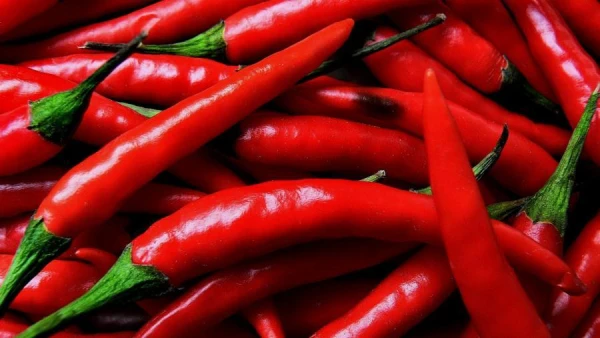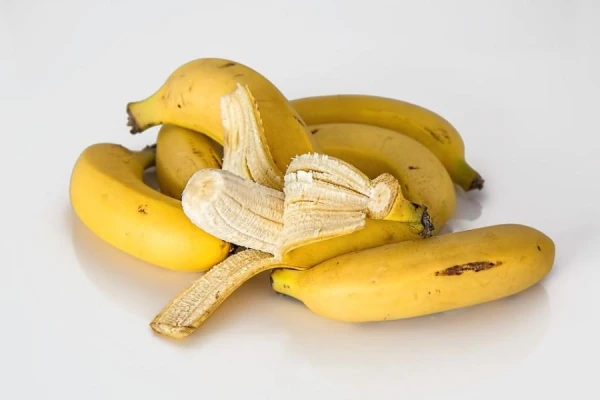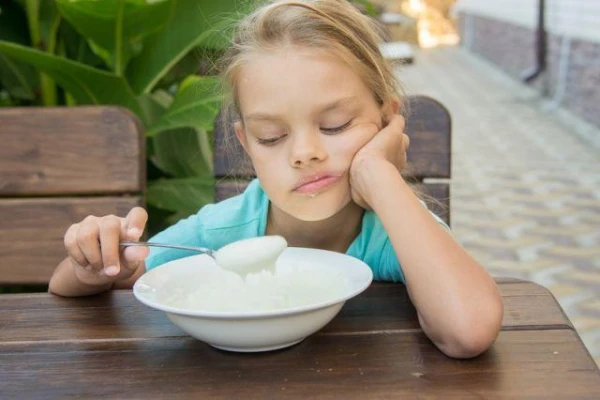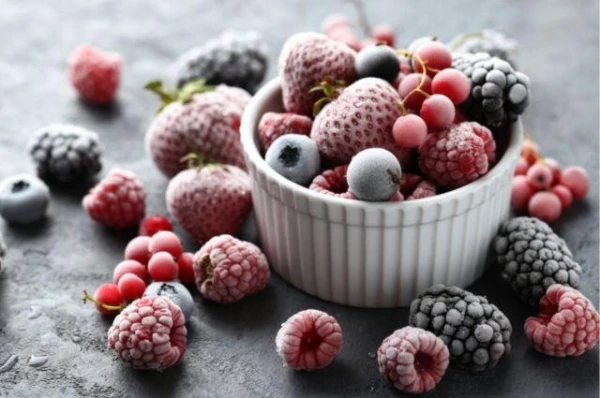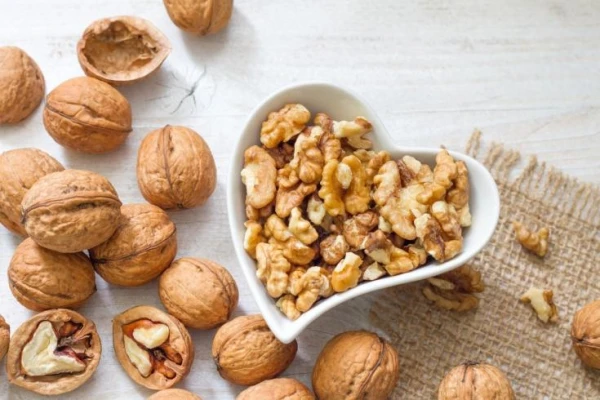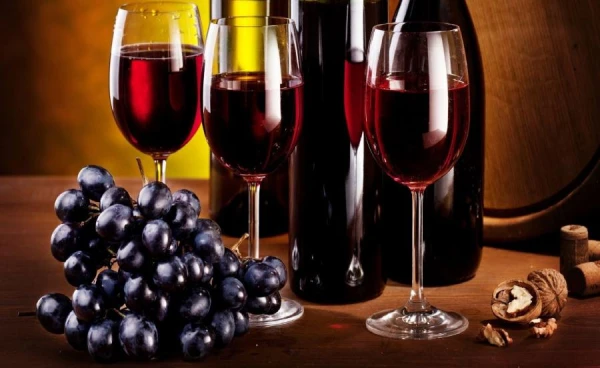
Numerous studies show that moderate consumption of red wine can positively affect the cardiovascular system. However, it is important to remember that wine is an alcoholic beverage that often does more harm than good. In this regard, the question arises: can grape juice, made from the same berries as the alcoholic drink, possess similar health benefits?
Experts claim that dark grape juice can indeed have a positive effect on heart and vascular health, similar to red wine. Such effects include a reduced risk of thrombosis and lower levels of low-density lipoproteins (or “bad” cholesterol), as well as the prevention of blood vessel damage. Additionally, both wine and grape juice help maintain normal blood pressure.
Both wine and grape juice contain resveratrol and flavonoids—polyphenols with antioxidant properties. These substances are primarily found in the skin, leaves, and seeds of grapes, while the pulp does not contain them.
The content of these components in the berries depends on many factors, including the variety, geographical origin, and processing methods. Generally, dark red and purple grapes contain more polyphenols than white or green ones, making red wine more “beneficial” compared to white.
However, grape juice has one significant drawback—it contains a lot of sugar. This is important for people with diabetes to consider. Doctors at the Mayo Clinic emphasize that the safest way to obtain resveratrol and flavonoids from grapes is by consuming whole berries. Grapes contain the same amount of antioxidants as juice or wine, but they also have the added benefit of dietary fiber.
